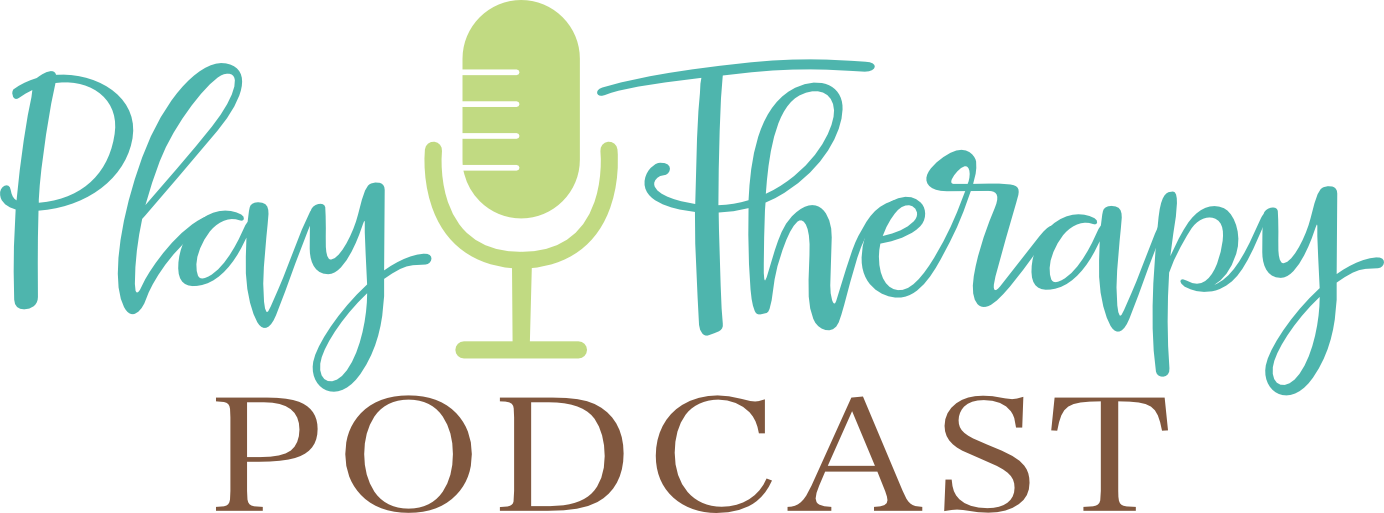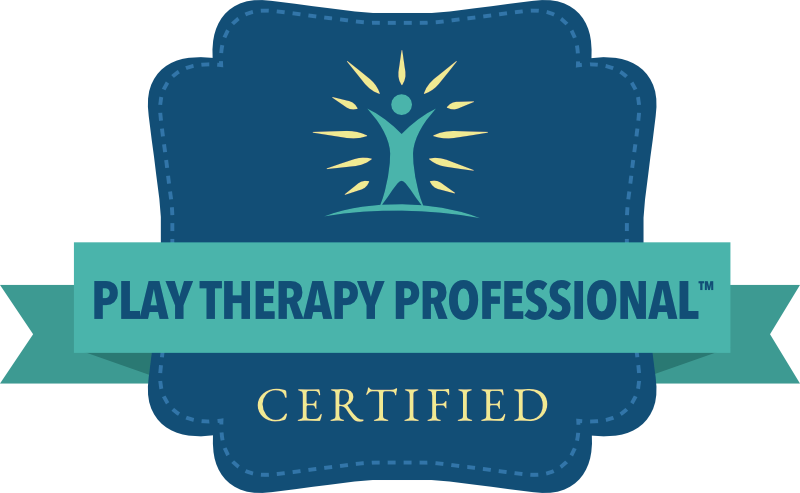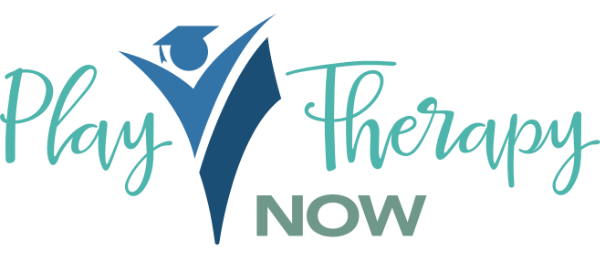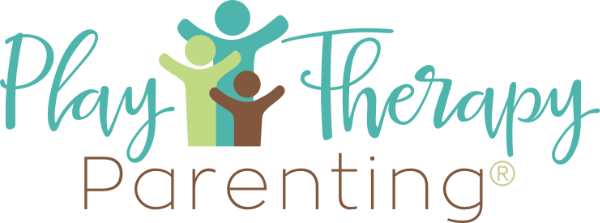Why Saying “Good Choice” and “Bad Choice” Is Not Really A Choice
In this episode of the Play Therapy Podcast, I respond to a great question from Vicky in Canada about the language we use with children, particularly the phrases “good choice” or “bad choice.” Vicky expressed concerns about hearing these terms frequently, especially in daycare settings, and wanted to know how this fits (or doesn’t) within the child-centered play therapy (CCPT) model. I explain why labeling choices as “good” or “bad” places a judgment on the child’s actions, shifting the focus away from the child’s ownership and empowerment.
I explain that the key principle in CCPT is to keep choices neutral and factual, allowing the child to fully own their decisions and outcomes. Using evaluative language undermines a child’s ability to understand their own agency and responsibility for their actions. Instead of labeling choices, we should offer children the opportunity to make decisions without judgment, fostering independence and internal motivation.
Sign up for my exclusive newsletter at playtherapynow.com. Stay ahead with the latest CCPT CEU courses, personalized coaching opportunities and other opportunities you need to thrive in your CCPT practice!
If you would like to ask me questions directly, check out www.ccptcollective.com, where I host two weekly Zoom calls filled with advanced CCPT case studies and session reviews, as well as member Q&A. You can take advantage of the two-week free trial to see if the CCPT Collective is right for you.
Ask Me Questions: Call (813) 812-5525, or email: [email protected]
Brenna’s CCPT Hub: https://www.playtherapynow.com
CCPT Collective (online community exclusively for CCPTs): https://www.ccptcollective.com
Podcast HQ: https://www.playtherapypodcast.com
APT Approved Play Therapy CE courses: https://childcenteredtraining.com
Twitter: @thekidcounselor https://twitter.com/thekidcounselor
Facebook: https://facebook.com/playtherapypodcast








